Tuesday has come at Concorto, along with a brand new event: the first afternoon dedicated to Concorto Kids! We will be waiting for you at 4:30 p.m. at Galleria Ricci Oddi, here the full program.
Then, at 6 p.m., at Galleria Ricci Oddi as well, the second part of EFA short films will be screened.
At 8 p.m. enjoy your dinner under the stars at Parco Raggio, and afterward, the screening of the short films in the official selection at 9 p.m. . The night screenings of UBIK and Focus Colombia will then follow at 11:30 p.m.
Once there was a sea… – Joanna Kozuch
As seen by Francesca Marchesini
This animated short film outlines with blue and black traits the draining of the Aral Sea between industrial pollution, military operations and shady profit. Halfway between the documentary and the grotesque caricature, the director faces the theme of the environmental disaster retracing the stories of the locals. The disappearance of this “sea” thus assumes science fiction connotations, but sadly plausible. Joanna Kozuch’s work, inspired by three of her recent travels in the area of the Aral Sea, warns the audience on the dangers of environmental exploitation hiding justified alarmism under tales with almost popular outlines.
Uncle Tudor – Olga Lucovnicova
As seen by Vanessa Mangiavacca
Winner of the Golden Bear for the best short film in 2021, Nanu Tudor has been presented over the last year in different and prestigious international festivals and it stroke for the power and bravery in its story. Olga Lucovnicova doesn’t fear to excavate in its childhood and bring back painful images that are not confused anymore, but lucid due to the coming of adulthood and linked to an attempt of rape by her uncle. The walls of a house surrounded by love, rural elements and the dreamy story illude us, and when we think that the film is a nostalgic journey through memories, we discover the truth. Through an intense and mature confrontation, Olga succeeds in obtaining a confession that tends to justify the committed abuse. The seed of violence is hidden among the pictures and the cuttings of an apparently perfect family that is brutally accessory instead; the tension of the film is shaped on this unexpected element to denounce such debasement with your head held high and clarity of mind.
Tchau Tchau – Christèle Alves Meira
As seen by Chiara Ghidelli
From the cold gaze of a webcam, grandfather and granddaughter spend moments of naive and healthy happiness together, building a dense web of virtual yet vividly real memories. When the little girl is overcome by bad news, however, she will find new ways to touch and feel close to her emotions she was denied. Set in our more recent past, Tchau Tchau brings to mind stories of ordinary people who have experienced traumas that cannot be forgotten. Recounting an era made up of safe distances capable of imposing themselves on all kinds of affection and pain, the French short movie respects the urgency of blocking in time and witnessing historical moments that have marked the stories of many. By hybridizing to the cinematic aesthetic that of the virtual media we are now well acquainted with, Cristèle Alves Meira succeeds in elaborating a narrative that screams at the absurdity of recent history while bringing to it a delicate respect.
Dawn – Leonor Noivo
As seen by Francesca Marchesini
Dawn rebuilds the desire to escape, the slow fading of desires in favor of real life. The narrative of this Portuguese work develops at the same time one and many lives, each female character in the film exists in the same way and it is trapped in the same space, both physical and mental; however this polyphonic story is also extremely intimate and private: Isabel researches in her memory the mother and the motivations of the escape of the latter. The short film turns out interesting mainly for the choices made in terms of content expression which means on how to make tangible and material Maria’s will, Isabel’s mother, to be part of a reality which is different from hers. Nature is a major element of the visual poetry of Leonor Noivo, where forests and rivers invade the human body too leaving on the skin the signs of the struggles against spiritual confinement.
Zoon – Jonatan Schwenk
As seen by Vanessa Mangiavacca
“It is better to live a day as an axolotl in heat rather than 100 days as a human being” – that’s what we think about when we see this last fantastic and imaginary animation film from director Jonatan Schwenk. The world premiere of the film happened at Sundance Film Festival 2022 and there will be the Italian premiere during the Concorto Festival. The name of the director is not unknown to Concorto’s audience since he won the Golden Donkey in 2018 with the short film Sog: with Zoon, the animal world becomes again an instrument to analyze human behavior using subtle metaphors. The gloomy atmosphere of his previous work leaves room for a happy and shining herd of axolotl, the Mexican water salamander, during their ‘hormonal storm’. In the middle of a wood, in fact, they have fun in the lustful game of courting until other animals, bigger and on their two feet, start to eat them. Stop motion, 2D and 3D animation, puppets and light beams are elements that Schwenk uses to create a cheerful 4-minute scene to bump into to look for meanings or simply lose ourselves.
Will my parents come to see me – Mo Harawe
As seen by Francesca Marchesini
Farah is a young Somali man sentenced to death, and the short film tells about his last day of life and his meetings with a number of characters: a prison guard, an Imam, a representative of the court. Through continuous static shots, Mo Harawe stages the pain of family rejection, the absence of reference figures who comfort Farah in the most devastating moment of his life. Will my parents come to see me, with a screenplay poor in dialogues and a sensitivity dependent on the decisive expressiveness of the actors, is also the story of those who have accompanied boys like this to the gallows; the film opens and closes on the stoic figure of the prison guard, from whose gestures we grasp a sincere empathy.
The Fourth Wall – Mahboobeh Kalaee
As seen by Virginia Marcolini
It is through the eyes of a child that we enter the animated world of the kitchen in his home, which is transformed from a simple room into a fantastic representation of the experienced family dynamics. As a good host, the child introduces us to his mother -a washing machine-, his father -a refrigerator-, their relationship, and then tells us about his dreams. Among these dreams there is the one of having a little brother, with whom he could finally escape his parents’ quarrels and the boredom of loneliness. Although narrated with great candour, the film conveys a disquiet that confuses and disturbs, and which never really melts away, except with the unravelling of reality.

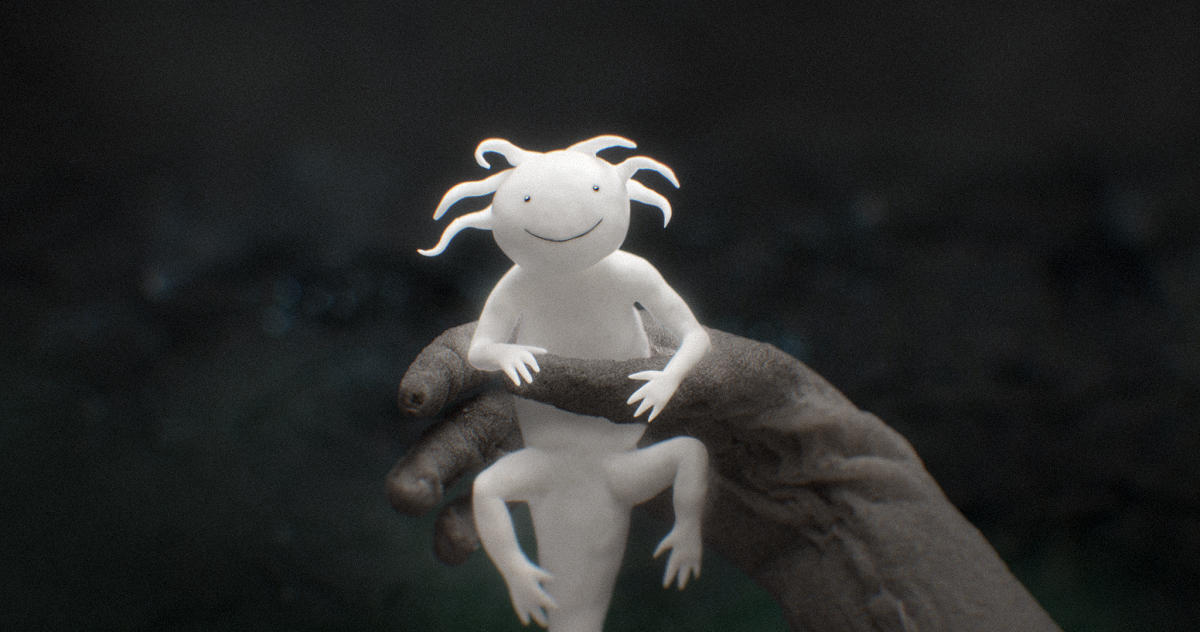
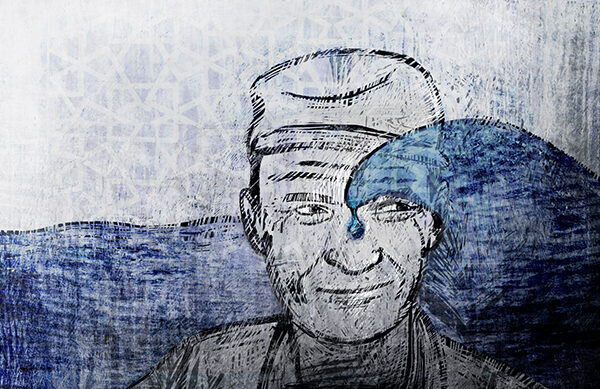

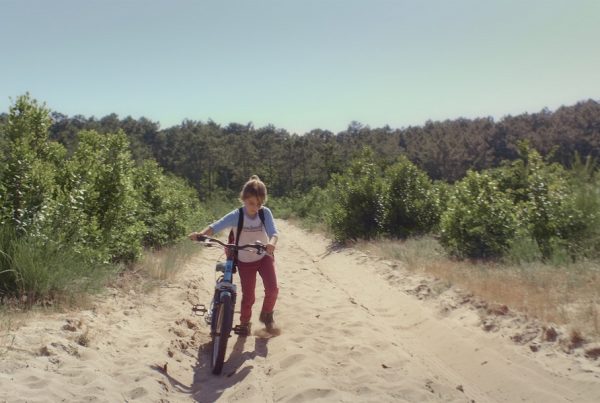
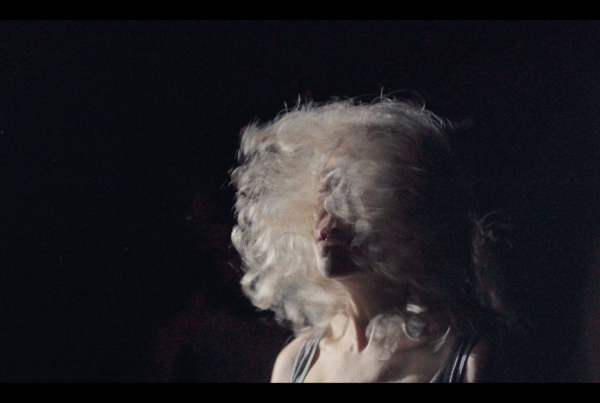
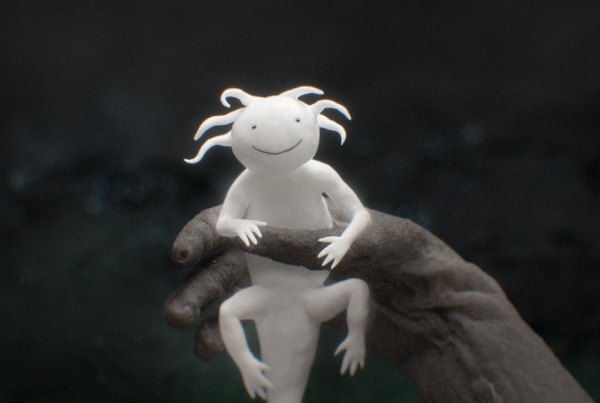
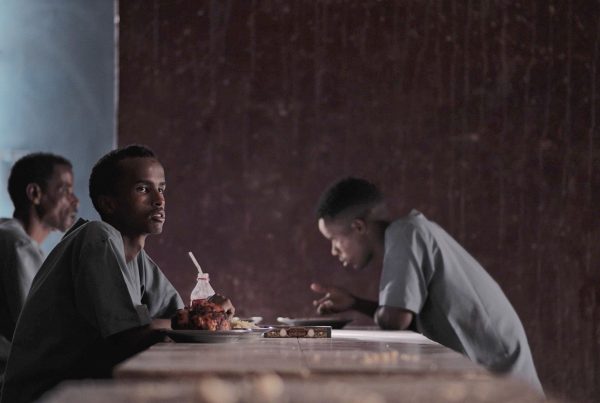
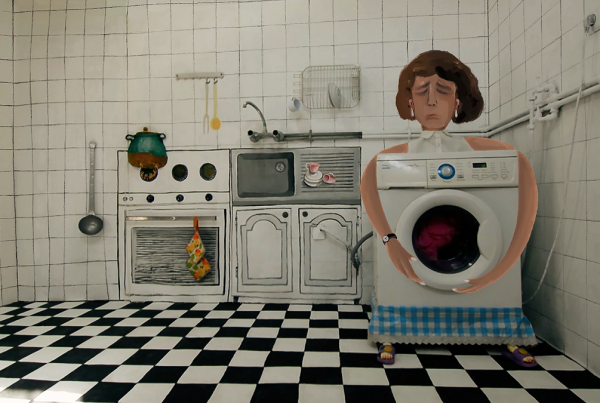
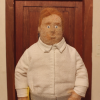
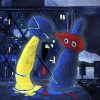

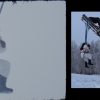


Commenti recenti